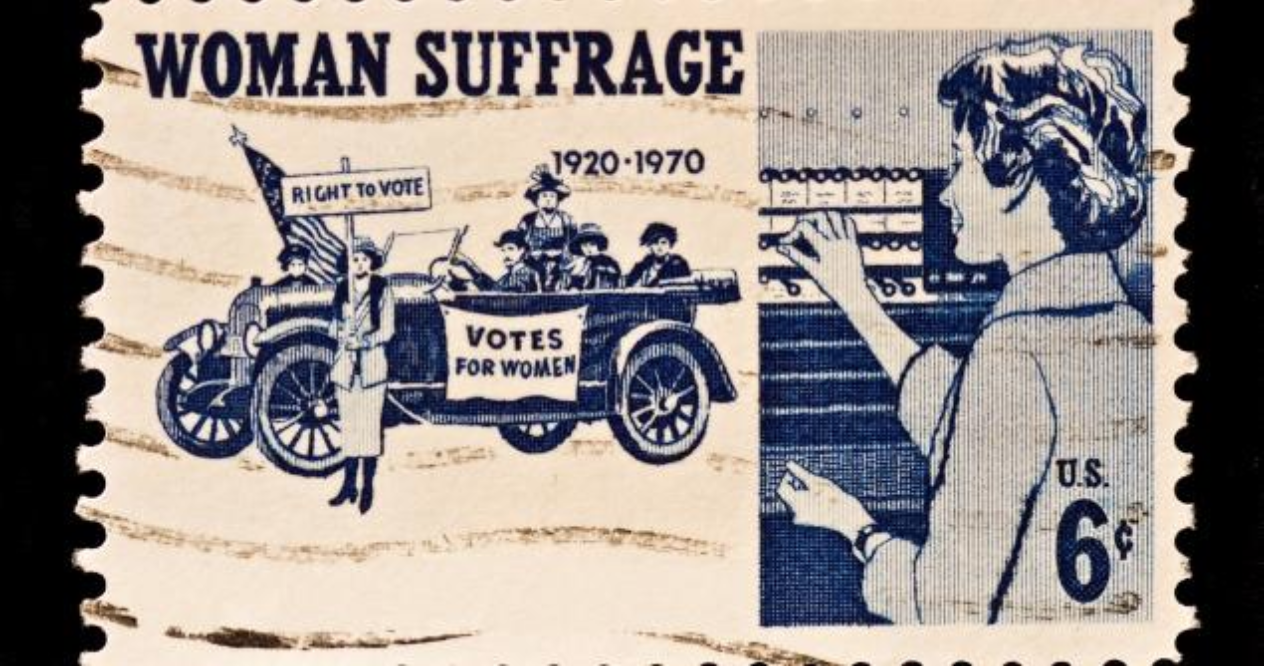There is a constitutional right to vote for the President. It can be expressed and assured by means of a right to vote for an elector who votes for the President in the Electoral College. But it cannot be denied. It is not true that the Constitution as amended and as now interpreted permits states to deny citizens any right to vote directly or indirectly for President.
a. The 14th amendment has applied to the states for a long time now; Equal Protection requires states to convey to citizens a right to vote for President.
b. The 1st amendment also applies to states; and free speech, petition government, assembly both require that states give citizens a right to vote for President.
c. The right to vote cannot be conditioned on race, the 15th amendment, or gender, the 19th amendment, or age 18 to 21, the 26th amendment. The history of these amendments shows that they were intended to convey a right to vote for the president, whether directly or indirectly through the choice of electors for the Electoral College.
By extending the right to vote for president to new categories of people, this history made it clear that the right to cast that vote already existed for everyone else.


